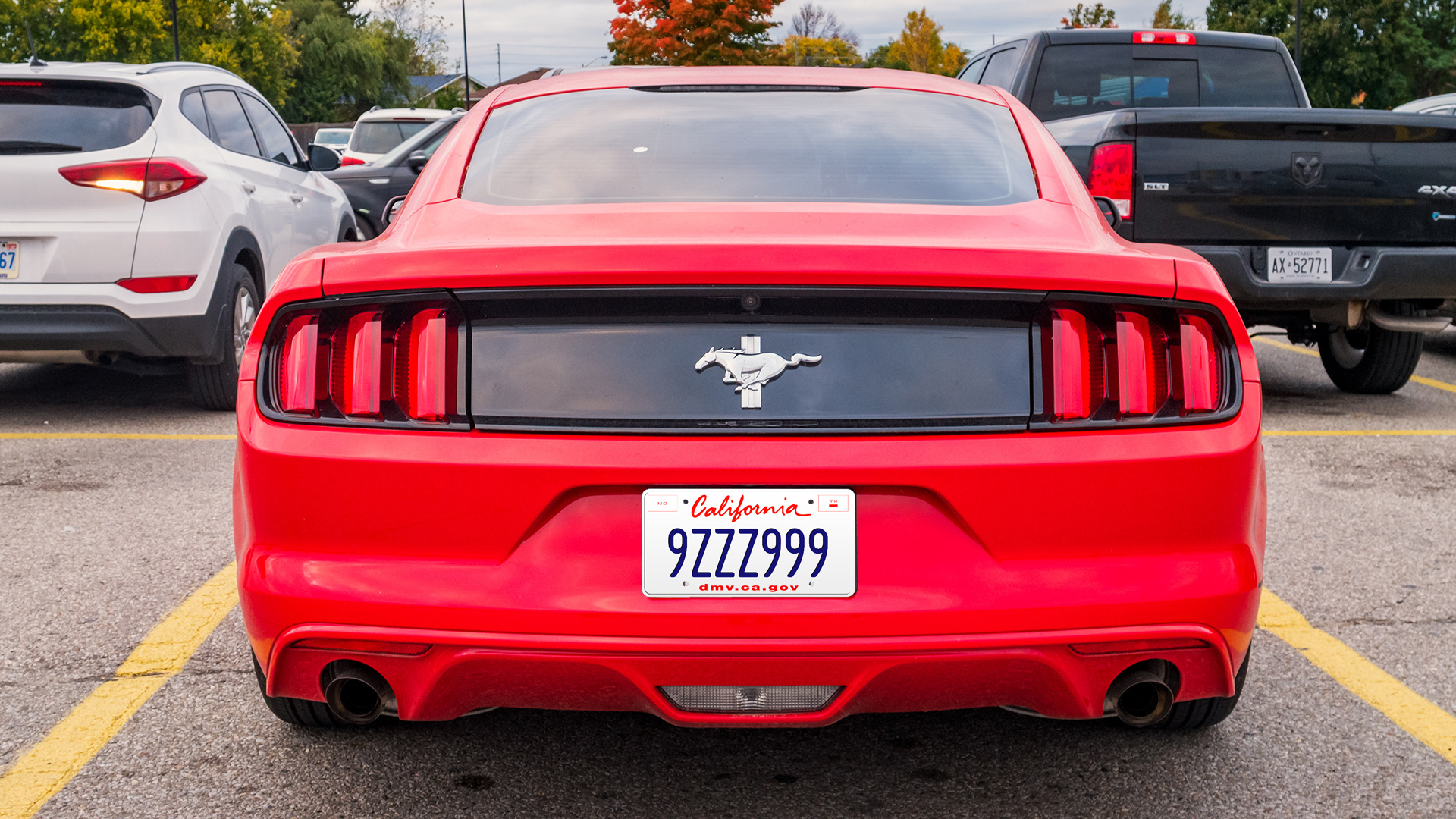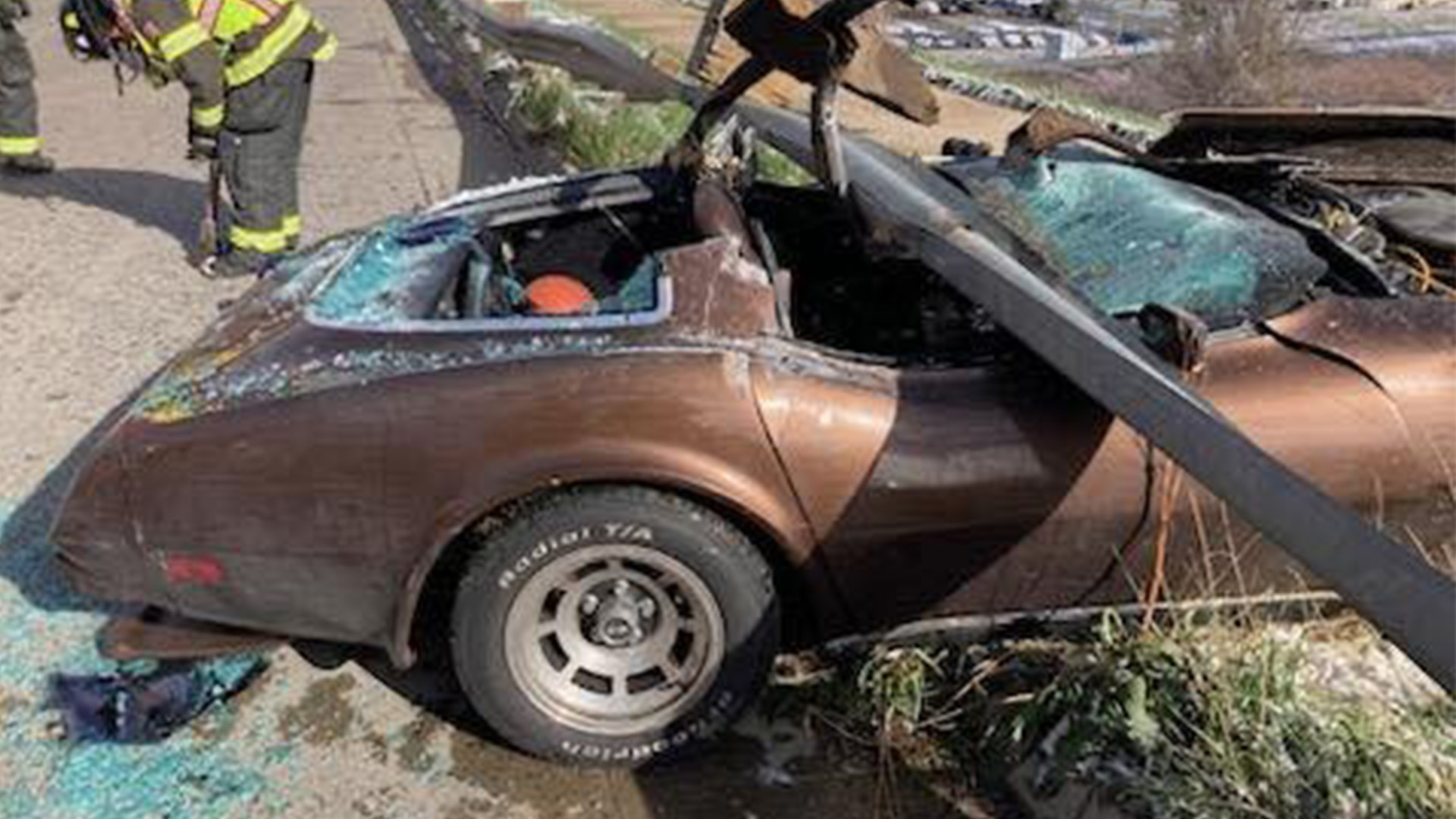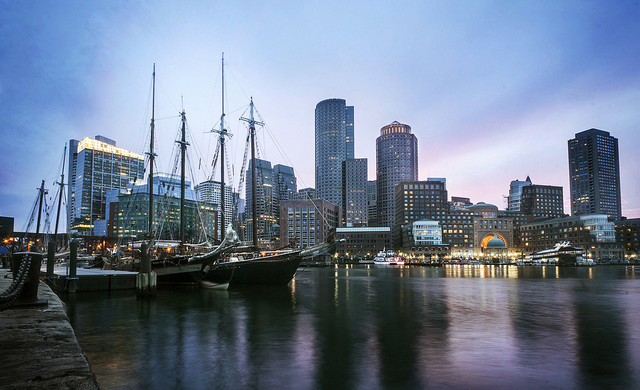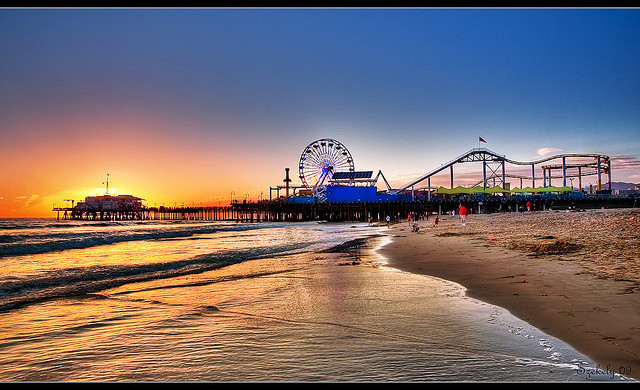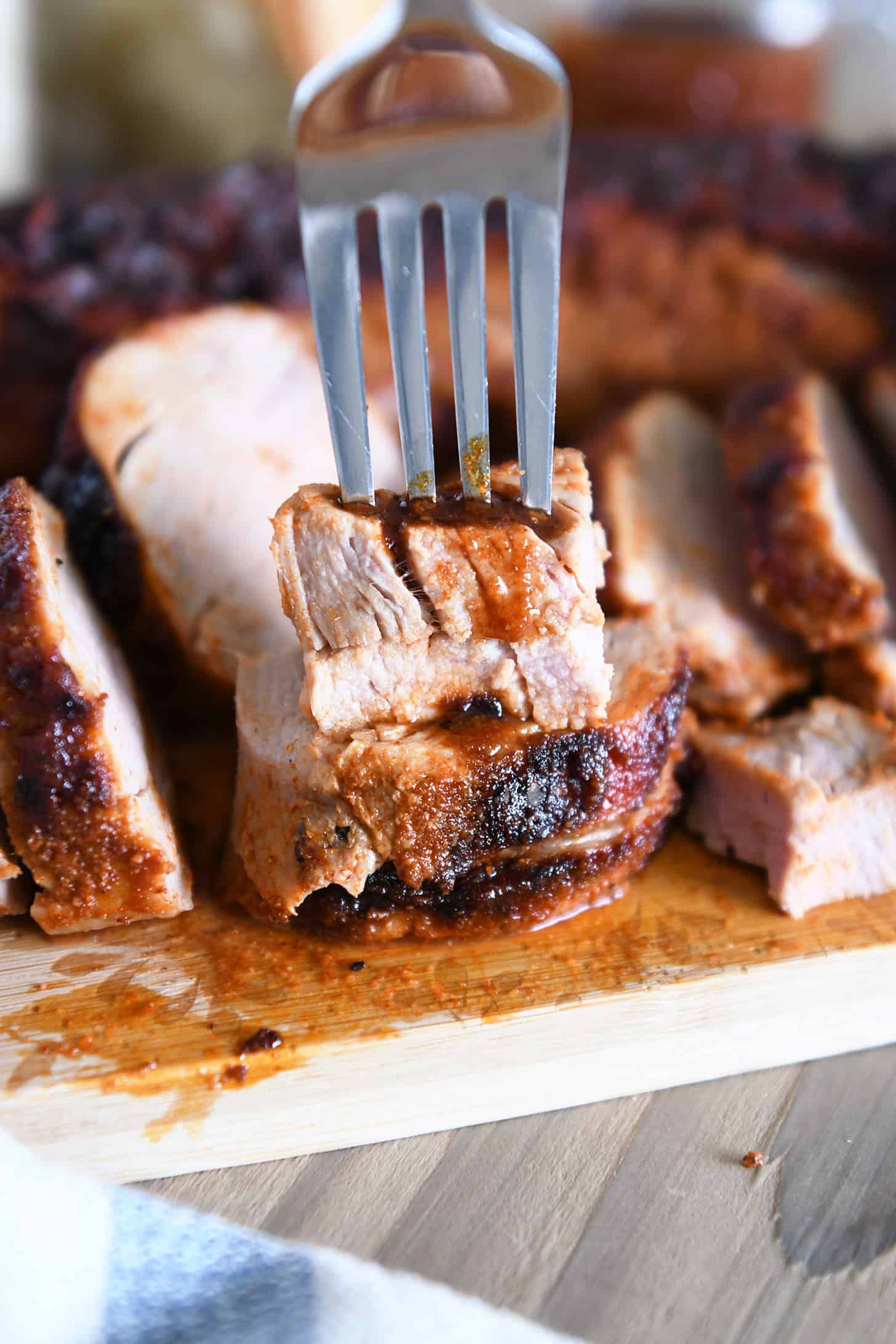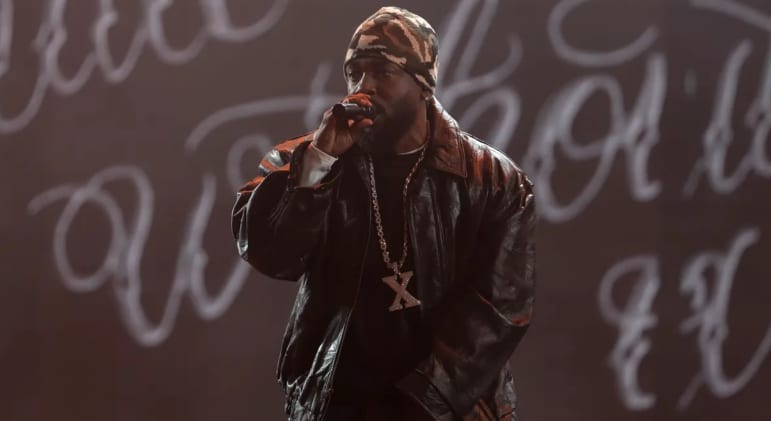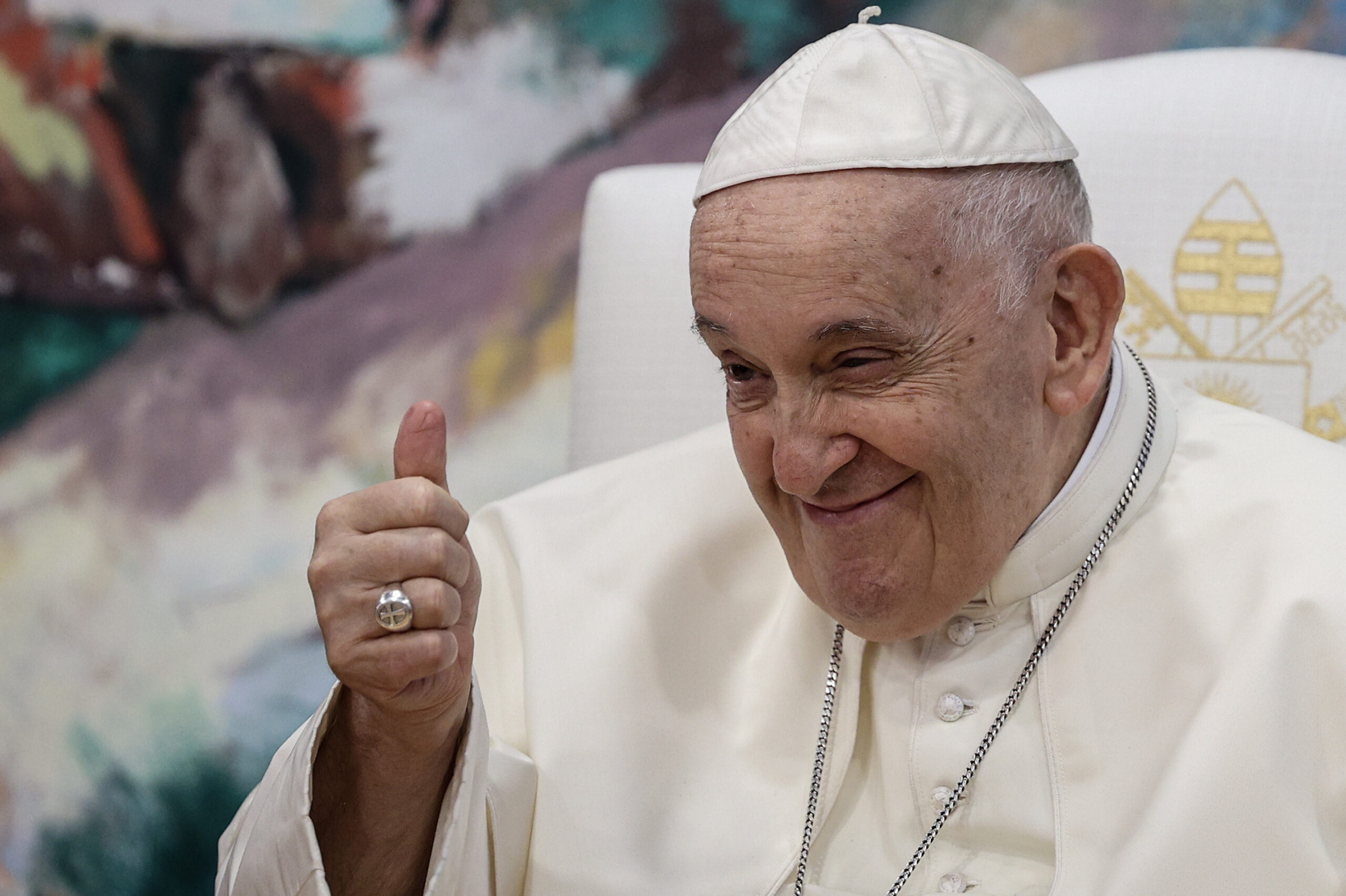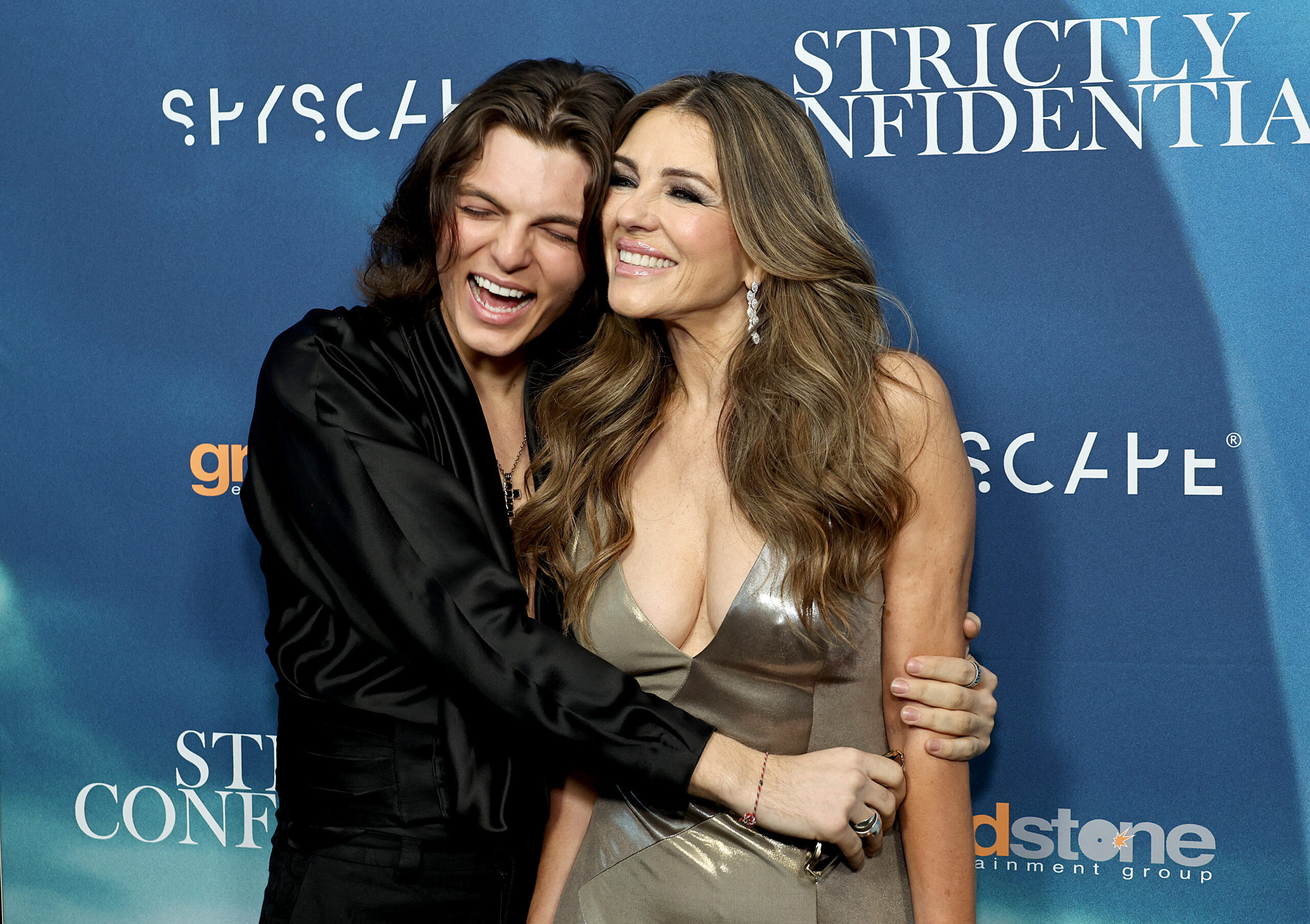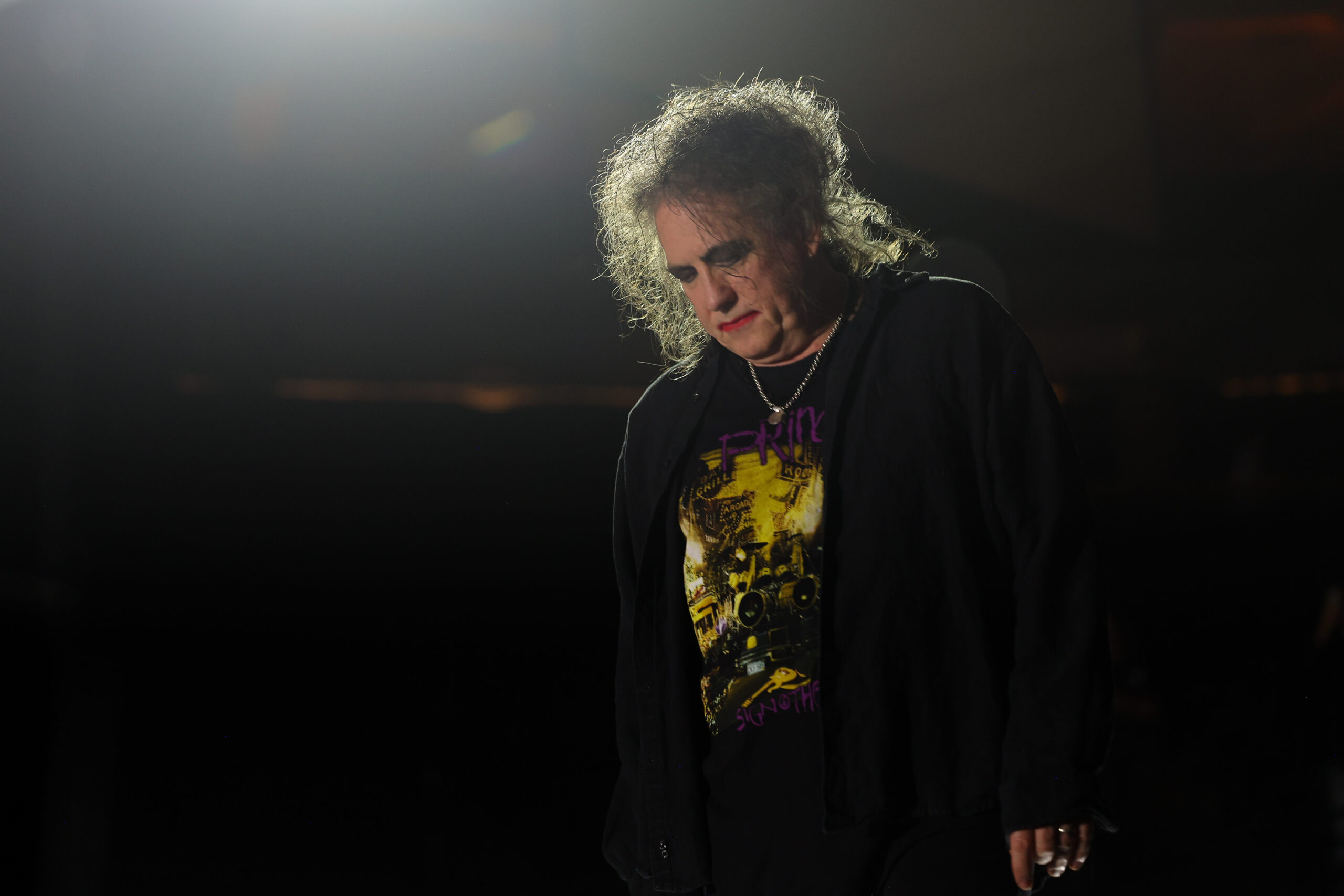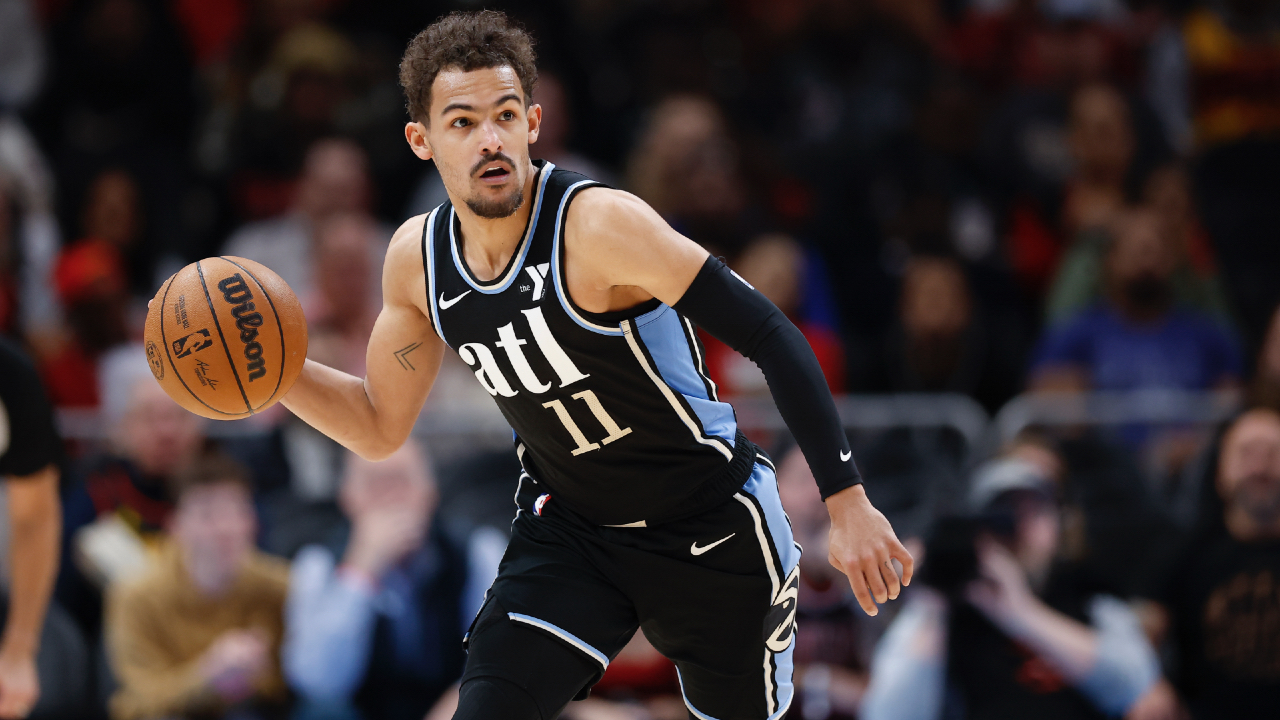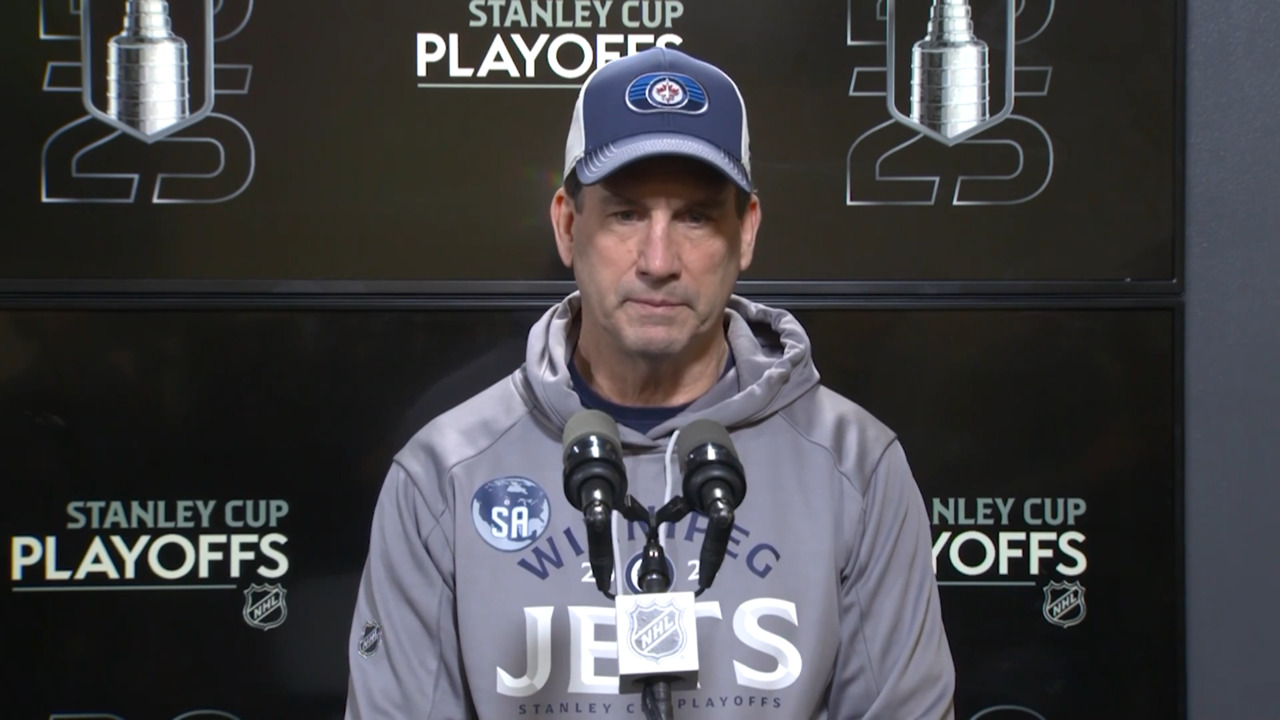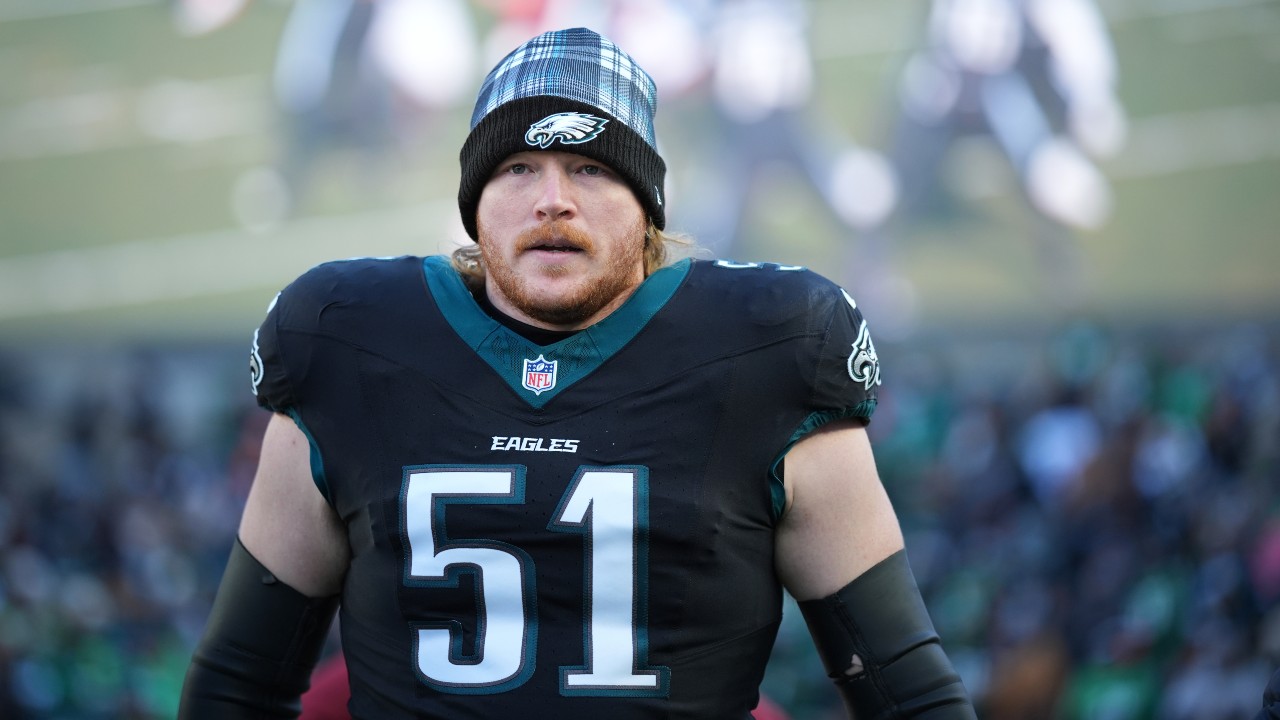Return the White House Correspondents Dinner to Its Journalism Roots
By disinviting Amber Ruffin, the most thankless gig in stand-up demonstrates why Washington’s “nerd prom” should give up on providing showbiz flair The post Return the White House Correspondents Dinner to Its Journalism Roots appeared first on TheWrap.

Don Mischer, the producer of countless live specials from the Emmys and Oscars to the Olympics, who died last week at the age of 85, once said he warned people about bringing their awards and events to TV, noting that television’s needs tend to fundamentally alter the equation.
The White House Correspondents’ Association annual gala has had its fun through the years as a media-friendly showcase, inviting stars like George Clooney, Kim Kardashian and Pete Davidson to hobnob with the assembled press and politicians, garnering plenty of coverage of its parties and luminaries.
Yet in its latest concession to the polarized political climate, by deciding to disinvite scheduled comic Amber Ruffin for the April 26 gathering, the party appears to be over.
Granted, the WHCA’s mix of showbiz and politics has long been an uncomfortable fit at an event where a stand-up comedian and the president of the United States traditionally provide the night’s entertainment, allowing reporters and those they cover to rub elbows and share a few laughs while benefitting the correspondents organization.
Marking the most recent in a periodic series of retreats, the WHCA opted to drop Ruffin and forgo having a comedy performance at all, explaining that its goal was to “ensure the focus is not on the politics of division” — a line that, in its wide-eyed naïveté, is likely funnier than anything Ruffin could have delivered from the podium.
Ruffin, for her part, mocked the group on Seth Meyers’ NBC show, joking, “I thought when people take away your rights, erase your history and deport your friends, you’re supposed to call it out. But I was wrong,” later adding, “We have a free press so that we can be nice to Republicans at fancy dinners. That’s what it says in the First Amendment.”

Thankfully, the WHCA is generally better at the practice of journalism than public relations. Yet the messiness surrounding this year’s dinner serves as a reminder the gala has caused lots of unnecessary grief for an organization and event ostensibly dedicated to supporting a free and independent press, honoring members and doling out scholarships.
Moreover, the press group clearly has bigger fish to fry at this moment, as it seeks to preserve access for members while the Trump administration maneuvers to seize control of that process and fill the press room with more overtly friendly faces.
Even before the toxicity President Donald Trump brought to the White House-media relationship, the WHCA has frequently witnessed the limits of roasting people as they sit in the room, discovering that high-profile journalists can often be as sensitive as the notoriously thin-skinned president. Famously, the WHCA might have helped alter the course of history, after Trump endured a 2011 drubbing by emcee Seth Meyers and then-President Barack Obama, which incentivized his career shift from firing people on NBC’s “The Apprentice” into politics.
Trump had already dealt a blow to the event by opting not to attend, breaking with predecessors who — especially in Obama’s case — exhibited pretty nifty stand-up chops, albeit with an assist from comedy writers.

Still, controversy is really nothing new for the White House Correspondents’ Association, which, for comics, has long been seen as the ultimate thankless gig.
That perception can be traced most directly back to then-Comedy Central host Stephen Colbert’s in-character performance in 2006, skewering President George W. Bush and the assorted press corps about everything from the Iraq War to Hurricane Katrina.
“Reality has a well-known liberal bias,” Colbert said in his faux-conservative anchor persona, slyly accusing the press of being stenographers for Bush by advising them to give up reporting and work on that novel they were itching to write — “the one about the intrepid Washington reporter with the courage to stand up to the administration. You know, fiction.”
The next year, a gunshy WHCA booked impressionist Rich Little, someone hardly known for pointed political commentary, which merely provoked additional ridicule. That was only one of several times the organization waved the white flag in response to criticism.
Despite its “nerd prom” label, the correspondents dinner nevertheless became one of Washington’s hottest tickets, as news organizations sought to one-up each other with the celebrities they could attract and their parties surrounding the event. That was particularly true during the Obama years, when high-profile stars like Will Smith, Natalie Portman, Helen Mirren, Lupita Nyong’o, and Bryan Cranston attended.
Through the years, though, edgier comedy has repeatedly triggered fallout —sometimes met with stony silence from press and politicians in the room, at other points leading to complaints and rebukes for material, as was seen with Michelle Wolf’s jokes about then-White House Press Secretary Sarah Sanders in 2018.
Seeking to defuse the situation, the WHCA issued a sort-of apology, saying the intention was to bring people together, and Wolf’s material was“not in the spirit” of that mission. Wolf expressed no regrets, saying, “I wouldn’t change a single word. I’m very happy with what I said, and I’m glad I stuck to my guns.”

“Sticking to its guns,” alas, is a level of commitment the WHCA has exhibited only sparingly when it comes to the evening’s entertainment, prompting Larry Wilmore — who performed at the event in 2016 (Obama’s final year in office) — to weigh in regarding Ruffin’s dismissal in a piece for the Daily Beast.
“I don’t think it’s so deathly important to have a comedian host the dinner,” Wilmore wrote. “It’s the whole cowardly ‘cancel culture’ thing that bothers me.”
As a compromise, Wilmore suggested the WHCA, if genuinely concerned about what the group describes as being a “consequential moment,” book a right-wing comedian, someone like Fox News’ Greg Gutfeld, Tony Hinchcliffe or Andrew Schulz.
“The point is to not shut down comic voices but to amplify and even broaden them,” he argued.
Still, Wilmore acknowledged those comedians would also be divisive, just in a different way, which is precisely the bargain the WHCA has consistently seemed reluctant to strike. The press organization might understandably want to celebrate journalism without distracting from that lofty ideal, but given the prevailing political environment, anybody more provocative than a prop comic runs the risk of unleashing some form of blowback.
Essentially, that leaves the WHCA facing these choices: Book someone who will hopefully be entertaining and headline-worthy without being deemed too offensive, praying they can thread that needle and taking the heat if they don’t; keep stepping on a rake, in a way that potentially damages the organization’s credibility; or heed Mischer’s advice, accept that the world has changed, and settle for a lower-key affair that won’t elicit much attention from anyone outside the room.
For those with fond memories of star-studded WHCA dinners past, that last choice might not be particularly attractive. But given the WHCA’s bumpy, much-derided history, it’s almost sure to be the least perilous and embarrassing option.
The post Return the White House Correspondents Dinner to Its Journalism Roots appeared first on TheWrap.
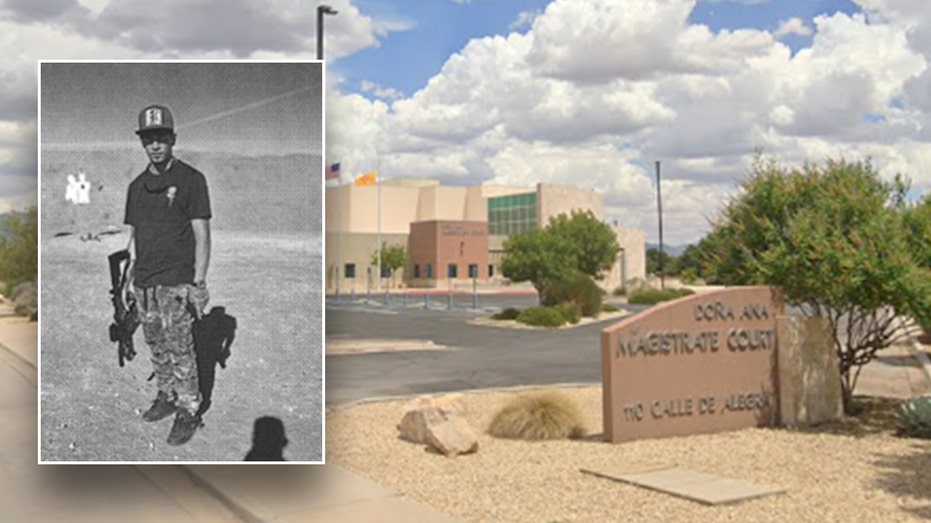
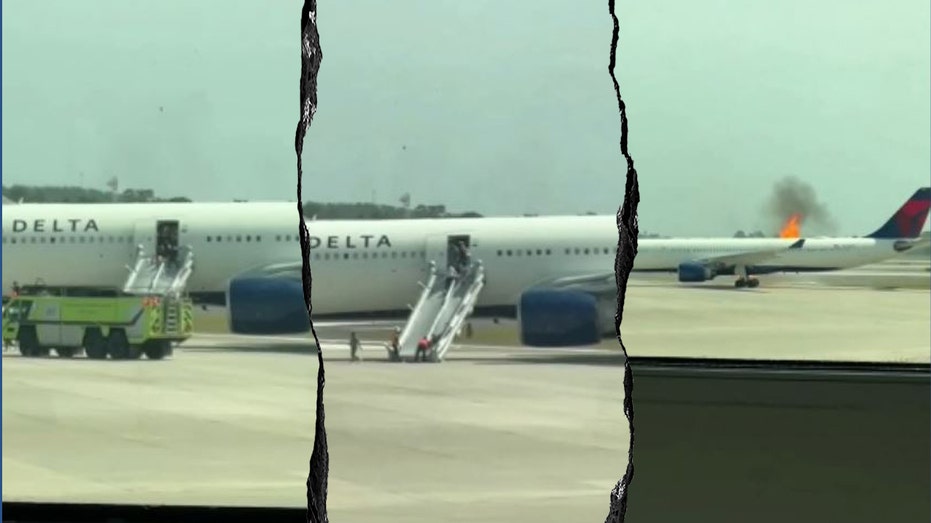








![From fast food worker to cybersecurity engineer with Tae'lur Alexis [Podcast #169]](https://cdn.hashnode.com/res/hashnode/image/upload/v1745242807605/8a6cf71c-144f-4c91-9532-62d7c92c0f65.png?#)














